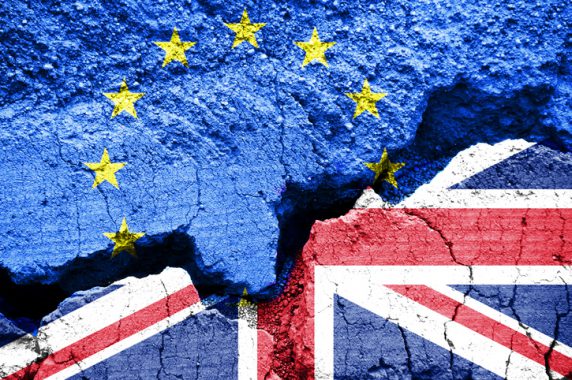GPs ‘don’t have to stockpile medicines’ for Brexit, says health secretary

Health secretary Matt Hancock has today written to GPs to tell them they will continue to have access to medicines for their patients in the event of a no-deal Brexit.
In the letter, aimed at NHS staff, Mr Hancock said that GPs and community pharmacies will ‘not need to take any steps to stockpile additional drugs’ or medical devices.
He added that GPs do not need to write longer prescriptions, and that any incidences of medication over-ordering will be ‘investigated’.
This comes amid concerns that failing to reach a deal with Brussels could lead to drug shortages, and alongside a raft of publications with advice to the NHS on how to prepare for a no-deal scenario issued today by the Department of Health and Social Care.
In the letter, published today, Mr Hancock said: ‘Today the Government has set out a new scheme to ensure a sufficient and seamless supply of medicines in the UK in the event of a “no deal” Brexit.
‘In the unlikely event we leave the EU without a deal in March 2019, based on the current cross Government planning scenario we will ensure the UK has an additional six weeks supply of medicines in case imports from the EU through certain routes are affected.’
He continued: ‘Hospitals, GPs and community pharmacies throughout the UK do not need to take any steps to stockpile additional medicines, beyond their business as usual stock levels.
‘There is also no need for clinicians to write longer NHS prescriptions. Local stockpiling is not necessary and any incidences involving the over ordering of medicines will be investigated and followed up with the relevant chief or responsible pharmacist directly.
‘Clinicians should advise patients that the Government has plans in place to ensure a continued supply of medicines to patients from the moment we leave the EU. Patients will not need to and should not seek to store additional medicines at home.’
Mr Hancock then said that given the ‘significant amount of work that has now been done’ he is now ‘confident’ that patients can continue to ‘receive high quality care unhindered’.
But BMA chair Dr Chaand Nagpaul said: ‘Today the government is asking clinicians to reassure the public, but it is clear to the BMA that Brexit will have a catastrophic impact for patients, the health workforce, services and the nation’s health.’
He raised concerns over the UK’s influence in the health sector, medicine regulatory systems as well as recruitment of EU staff, adding: ‘Despite concerns being raised before the vote, no one could have imagined the extent of the complications that Brexit would bring to both the UK and the rest of Europe. However, in light of what we know now, it is imperative that the public has a say on any proposed Brexit deal.’
Mark Dayan, policy analyst at the Nuffield Trust, said: ‘It makes absolute sense for the Government to issue guidance to the NHS and its suppliers on how they should prepare for a no deal Brexit, even though avoiding such a scenario should remain the number one priority.
‘It is hard to argue with the measures announced today on stockpiling drugs and devices, letting companies keep inspecting medicines in the EU, and discouraging individual NHS hospitals or GP surgeries from storing their own emergency supplies. But a no deal ultimately means a leap into the unknown – so even the best laid plans will not avoid uncertainty for the NHS.’
Earlier this month, the BMA said it backs a second referendum on whether Britain should leave the EU.
Pulse July survey
Take our July 2025 survey to potentially win £1.000 worth of tokens

Visit Pulse Reference for details on 140 symptoms, including easily searchable symptoms and categories, offering you a free platform to check symptoms and receive potential diagnoses during consultations.











